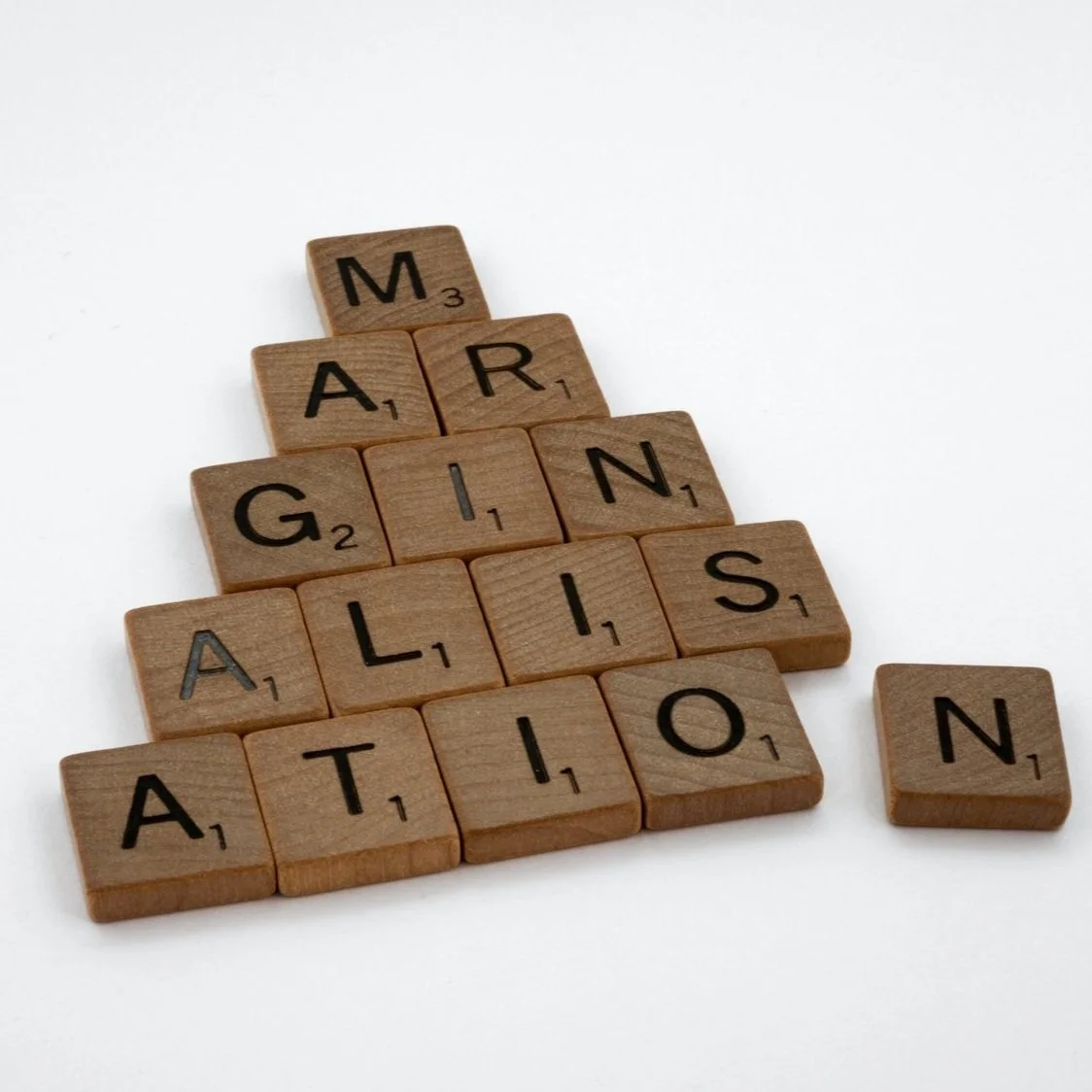The announcement, which fulfils a Labor election commitment, brings much-needed certainty to around 20,000 people who were found to be refugees or at risk of serious human rights violations. This article was first published on The Conversation.
Read MoreIit may be too far a stretch to suggest we can we turn our employment services into a laughter factory but we can at least stop them from being houses of misery.
Read MoreThe consensus from the UN, UNICEF and the WHO is that there is a fundamental relationship between human rights and mental health. Importantly, the UN has recognised that young people are often forgotten in the human rights framework and specific approaches should be used to ensure their rights are upheld because they differ significantly from those of younger children. They advocate that the most effective human-rights approach to young people’s mental health care should be based on public health and psychosocial support rather than overmedicalization and institutionalization.
Read MoreMy first experiences of co-production were in the national youth charity Woodcraft Folk (WCF). An organisation founded on principles of co-operation and youth empowerment whose trustee board has included a majority of young people for more than 20 years [1] [2] [3]. From joining, age 8, I was given responsibilities which contributed to collective aims. Co-producing events and campaigns with my peers in the self-organising 16-20 year old section were formative experiences [4]. Age 22, I began working at the head office as a youth empowerment development officer. My role was to support a steering group of young(er) people to run leadership training, improve representation in the organisation, and to have fun (allegedly then the only big lottery funded youth programme using ‘fun’ as an outcome measure!). Of course, it wasn’t perfect co-production - the holy grail – but, in these roles I witnessed the ‘magic’ and ‘electricity’ often spoken about in relation to co-production.
Read MoreAs the inquiry into Robodebt reveals the depth of Australia’s shame over its treatment of welfare recipients, Dr Tjanara Goreng Goreng, Wakka Wakka Wulli Wulli woman, academic, unionist, former public servant and proud grandmother, answers the question: ‘What opportunities and challenges does a universal basic income (UBI) present for Aboriginal and Torres Strait Islander peoples and communities?
Read MoreAboriginal academic Dr Sharynne Hamilton describes how her research co-partnership with Elders in the Perth Aboriginal community has lead to a clear path of action to achieve justice in child protection grounded in respect, and commnunity control.
Read MoreToday’s post is from Megan Beatrice (@megbeatrice), who is pursuing her PhD in Law at RMIT. Using the lens of intersectionality, Megan urges us to go beyond bail reform and think about how we can address the deep colonial practices embedded within the criminal justice system.
Read More2022 saw a lot of movement in the policy space, including a change in the Federal government and the largest number of independent candidates elected to office. There are many policy-related issues that are currently in flux, as indicated by royal commissions, law suits, the question of Indigenous Voice to Parliament, responses to climate change, continued management of COVID-19 and the economic reset that it caused, inflation, reforming the safety net, and fundamental questions about how government governs and is held accountable.
Read MoreIn today’s analysis, Phoebe Nagorcka-Smith (@PNagorckaSmith) of Good Shepherd Australia New Zealand (@GoodShepANZ) uses evidence from their recent ‘Safety net for sale’ report to explore how Buy Now Pay Later is used to trap family violence victim-survivors in debt, and why regulation is key to preventing it.
Read MoreIn today’s analysis, Megan Elias discusses the impact of recent reforms to abortion law in Western Australia. Megan is a women’s and sexual health professional based in Boorloo, working across government and the not-for-profit sector. Megan is WA representative and Secretary for the Australian Women’s Health Network (@AusWomensHealth).
Read MoreIn today’s post, CR Byrne draws on her experience to explore how Australia’s welfare system creates barriers to support for people with chronic illness and disability. CR Byrne is an activist and photographer.
Read MoreWomen experience greater barriers to achieving financial wellbeing than men. In today’s analysis, David Prior and Imogen Morgan of Good Shepherd Australia New Zealand (@GoodShepANZ) and Michael Joyce from Financial Inclusion Action Plan (FIAP) explore how existing workforce gender inequalities were magnified during the COVID-19 pandemic, and the role employers can play in supporting their employees’ financial wellbeing.
Read More




















